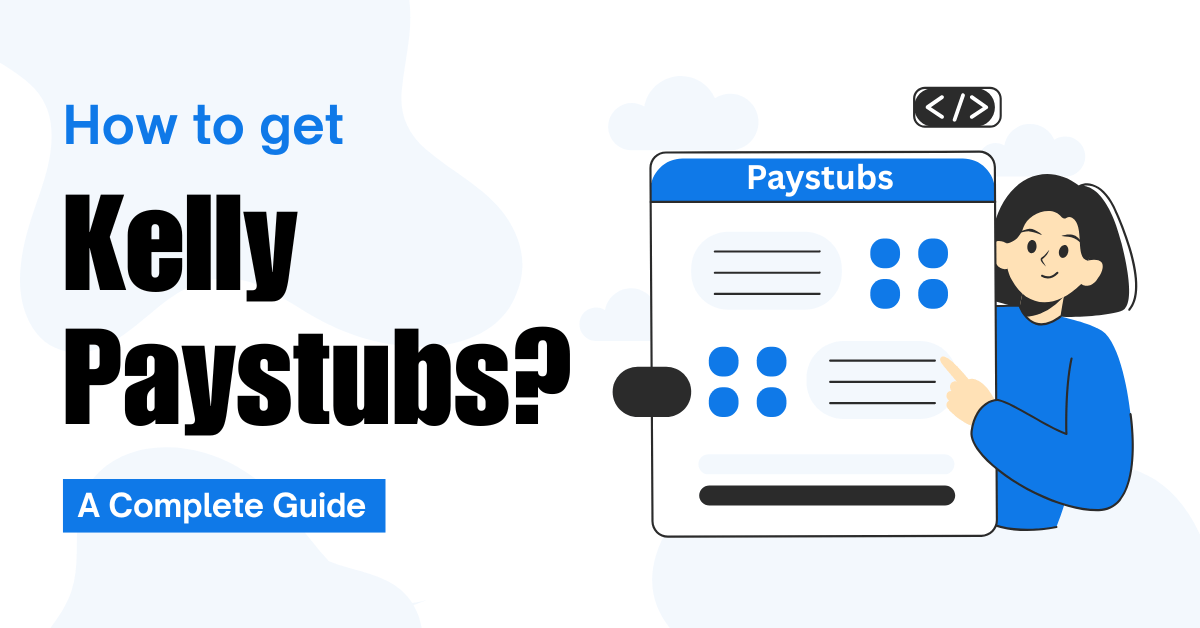
- Stubbuilder
- Aug 5, 2024
Can My Employer Change My Schedule Last Minute?
There are various reasons why having a fixed work schedule might benefit you. A working schedule is dictated mainly by the rest of your schedule and having an advance notification of the working hour’s allowance for scheduling appointments, childcare, or recreational activities.
Recognizing the details of this issue is imperative for upholding a fair and productive work environment.
Therefore, the blog will focus on the legal frameworks concerning last-minute schedule changes, the rights and responsibilities of employees and employers, and the recommended practices for managing adjustments. Considering these factors, we hope to provide some good insights to employees who want to understand their rights and employers who believe in fair scheduling practices. Additionally, we will discuss how tools like a pay stub generator can aid in transparent and accurate record-keeping amidst these schedule changes.
Can a Manager Change Your Schedule Last Minute?
The employer’s capability to unexpectedly alter an employee’s schedule is a complicated issue influenced by various factors, including employment contracts, company policies, and applicable labor laws. In essence, whether an employer can enact such changes depends on the jurisdiction and the specific terms delineated in the employment agreement. Additionally, maintaining accurate records, such as real check stubs, is essential for employers and employees to track any schedule adjustments and ensure compliance with legal requirements.
From a legal perspective, many jurisdictions do not have explicit laws preventing employers from modifying schedules with short notice. However, regulations typically mandate a certain amount of advance notice before implementing schedule changes. These regulations protect employees from undue hardship and ensure they have enough time to adjust their personal and professional commitments.
In addition to meeting legal obligations, company policies are instrumental in determining the process for handling schedule changes. Many organizations have internal guidelines outlining the procedures for modifying employee schedules to balance operational needs and well-being. These policies emphasize effective communication and providing adequate notice for any changes.
Your employer can adjust your work schedule and shift patterns and make any required changes at their discretion and convenience unless explicitly outlined in your employment contract or any other written agreement.
How Much Notice Does an Employer Have to Give for a Schedule Change?
A legal notice is required stating it is to be given for scheduling changes, which vary depending on the state of your employment. You must have a good understanding of the labour laws in your state.
If a rigorous scheduling law is in effect in your state, your employer must notify you of any changes to your schedule. For example, in New York, your employer must inform you of 72-hour scheduling changes.
In different states, the notice period is extended to 14 days. If you are employed in Seattle, your employer must raise your pay to 1.5 times the regular rate for shifts less than 10 hours apart and may also provide special pay rates for scheduling changes.
However, if you reside in a state without predictive scheduling laws, your employer possesses the legal authority to modify your schedule at their discretion, which may include sudden changes.
When Can an Employer Not Change An Employee’s Schedule?
There comes a point when an employer cannot legally change an employee’s schedule at the last minute.
Industry-Dictated Limitations: In various situations, employers are prohibited from generating specific schedule changes or limiting the number of hours that can be worked per week.
One such industry is the freight and haulage sector workers. They should only work fourteen hours arranged so that they rest for at least ten hours. During each shift, they can only drive for eleven hours minimum and must take breaks of thirty minutes every eight hours. Therefore, strategic breaks, meals, or fuel stops cannot extend fourteen-hour shifts.
FMLA Leave: If You’ve had a break from service under Family and Medical Leave, your boss should reestablish the job environment that existed before you went on leave. Your employer cannot modify your working hours or scheduled shifts during your break if you had previously maintained fixed hours and shifts.
State, Local, or Federal Law Conflicts: All employers must comply with the local, state, and federal employment laws relevant to their business. For example, a labour law says the employer can’t change an employee’s schedule at the last minute, and your employer has to abide by that. They may be subject to employment-based lawsuits if they fail to agree with the labour laws at any stage.
Lack of Adequate Compensation for Scheduled Hours: If you are a part-time or exempt full-time worker, an employer may be subject to laws that address overtime pay. In this regard, your employer is permitted to require that you work additional hours in a workweek only if such additional hours are compensated in a manner that ensures that affected workers receive equal pay for the applicable overtime.
What Do You Do If an Employer Reschedules an Employee’s Hours at the Last Minute?
In numerous scenarios, your employer has the legal authority to modify your schedule at the eleventh hour. Nonetheless, if you frequently face sudden changes to your schedule, several measures can be taken to mitigate the problem.
Discuss the Issues With Your Boss: The primary approach to resolving any work-related concern is to communicate with your supervisor. Talk with the management individual you report to, outlining the disruptions caused by last-minute schedule changes that affect your ability to prioritize tasks. Clarify your willingness to adapt your schedule, and stress how the sudden changes create challenges.
Notify HR About The Issue: If your employer is unwilling to engage in a dialogue regarding the sudden modifications to your schedule or if the discussion needs to address the matter adequately, escalate the matter to the HR department. Arrange a meeting with your organization’s HR team to address employee relations and explore potential resolutions.
Seek Legal Consultation: If you believe that labor law violations are occurring due to sudden changes in scheduling, it is advisable to consult with a legal expert. A lawyer can assess the situation to identify potential violations and recommend appropriate steps. It is worth noting that legal guidance can be obtained at no cost in numerous instances.
Conclusion
Employers have the power to change schedules, but they must follow labour laws, company policies, and best practices to guarantee fair treatment of their employees. On the other hand, employees should educate themselves about their rights and the regulations concerning their jobs. Utilizing a check stubs maker can help both parties maintain clear and accurate records of work hours and schedule changes. Finding harmony between operational demands and the welfare of employees is of the utmost importance.
Employers should provide advance notice for schedule changes and ensure transparent communication with their workforce. This practice cultivates a respectful and encouraging work atmosphere, benefiting the organization and its employees. Successfully managing last-minute schedule changes in today’s dynamic workplace necessitates a collaborative approach that involves open dialogue, mutual respect, and a commitment to fair practices.










